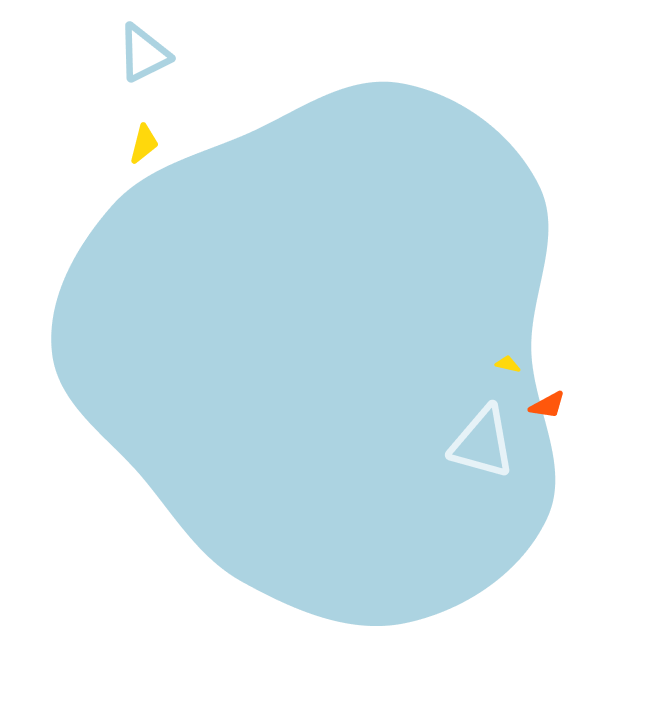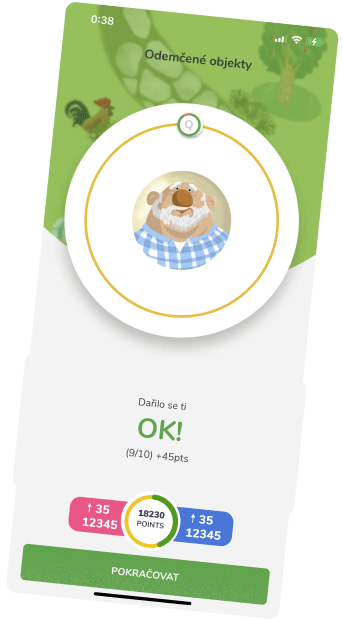English Phrasal Verb Practice for “put in” and “take out”
In a small town, there lived a man. His name was Mr. Jenkins. Mr. Jenkins was kind. He owned a diner. Everyone liked the diner.
One day, he put in a new window [ instaló una nueva ventana ]. He wanted more sunlight in the restaurant. Mr. Jenkins wanted the diner to be welcoming. So, he put in a lot of time and energy [ dedicó mucho tiempo y energía ].
Emily went often to the diner. She liked the changes. Emily was always busy with something. She put in extra hours [ hizo horas extras ] for a dream trip. Finally, she put in a request [presentó una solicitud para sus vacaciones ] for her vacation.
Spring finally arrived. Mr. Jenkins decided to put in some flower beds [ colocar algunos macizos de flores ]. He wanted the flowers outside the diner. He enjoyed putting in time [ dedicar tiempo ] to care for the plants.
One evening, Emily went to the diner. She wanted to take out her favorite meal [ llevar un pedido de su comida favorita ]. She was in a hurry. She needed to take out some money [ sacar dinero ] from the ATM. The money was for her upcoming trip. She saw the new flowers. She complimented Mr. Jenkins on his hard work.
The next week, Mr. Jenkins had a problem with his fridge. He needed to take out the faulty motor [ sacar el motor defectuoso ]. It needed a new one. He worked hard. He put in the fridge [ instaló el refrigerador ] years ago. He fixed it in time for the lunch rush.
Emily returned from her dream trip. She told stories to Mr. Jenkins. She showed him her souvenirs. Mr. Jenkins listened. He had put his life savings into the diner. Maybe it was time to take out money [ sacar dinero ] for a trip.
Mr. Jenkins put love and care [ dedicó amor y cuidado ] into the diner. Emily put in time and energy [ dedicó tiempo y energía ] for her dream trip. Mr. Jenkins learned to take out an old fridge [ sacar un refrigerador viejo ]. Emily took out money [ sacó dinero ] for her trip. Both knew how to make little things count to grow and be happy.



















